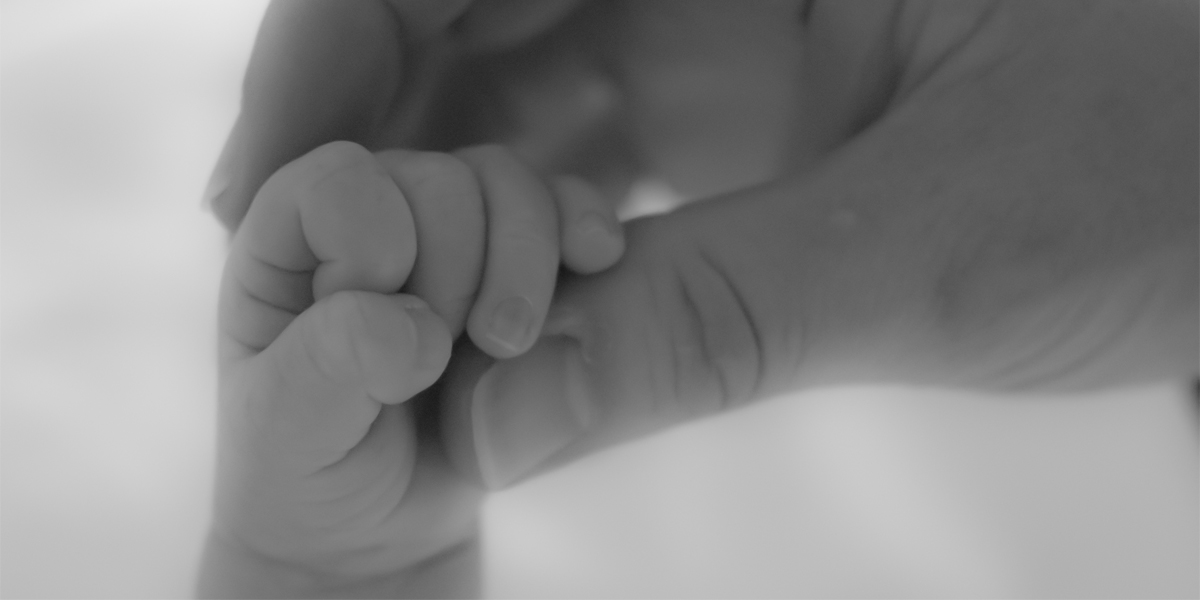Child protection – steps forward
Reviews into the failure to protect children make for depressing reading - not just because of their subject matter. Too often we find the principal reasons for failure are the same as in previous reviews: they include not having a...
Reviews into the failure to protect children make for depressing reading – not just because of their subject matter. Too often we find the principal reasons for failure are the same as in previous reviews: they include not having a good understanding of how children develop meaning their failure to thrive is not identified; poor communication between professionals so the view of the situation is incomplete; repeated failures to communicate with children, including listening to what they say, and being too optimistic about parents’ ability to change.
While accurately identifying levels of child abuse is notoriously difficult, research undertaken for the NSPCC suggests that the numbers of children overall in need of protection has declined, although levels of neglected children remain broadly stable. Many neglected children are left too long without help and support because of the difficulties of identifying ‘good enough parenting’.
There are no more stranger abductions of children than there have been over many decades. For the families concerned it is an absolute tragedy but thankfully it remains an exceptionally rare event. Children are much more likely to be abused by someone they know, probably a member of their family.
So overall there is a good story in the UK, how can we improve? A key plank of Labour’s policy promise should be improving training. While in depth study should be part of all social workers’ qualification training, an appropriate level needs to be integral for a range of other professionals who work with children. Recognising problems and taking appropriate action should not be seen as the preserve of social work professionals but as a core requirement for education and health professionals too.
Every medical professional who comes into contact with children needs to be aware of indicators of abuse, including the behaviour of parents, such as a failure to keep appointments. Health visitors see every young child and need to be alert to early signs of concern. For the over 5s schools are the constant factor and are best placed to monitor the physical and mental well being of children. Teachers are first and foremost educationalists, but if they do not appreciate the signs of an abused or neglected child then they are failing in their role as society’s eyes and ears.
Alongside improved training we have to ensure that there is greater accountability. We have all seen occasions when after child protection failures no-one is deemed responsible. With adequately trained and supported staff any failure to act appropriately should carry consequences for those in all the relevant professions. The inspectorates also have to be more rigorous, identifying problems before they lead to tragedies. The recent move by Ofsted to report separately on social care is a welcome step, and should herald more in depth inspections working across health, education and social work.
We also need a bigger ambition. The UK signed up to the UN Convention on the Rights of the Child sometime ago, but we should do more than just leave it to the professionals. We should strive for a society which values every child, a society where those who suffer abuse or neglect have a better chance of being reported to the authorities and thus receiving appropriate help. Picking up the telephone to raise concerns should be seen as a duty not as interfering.
Recently the Office of the Children’s Commissioner produced a report focused on how to provide earlier help to children in need. Their research showed that children often come to the attention of professional services through their behaviour and demeanour rather than by disclosing abuse. ‘It takes a lot to build trust’ – Recognition and Telling: Developing earlier routes to help for children and young people: http://www.childrenscommissioner.gov.uk/content/publications/content_733
Greater public appreciation of the experiences of abused and neglected children could also lead to an environment where children are not demonised for poor behaviour but encouraged to trust that adults will help them.
